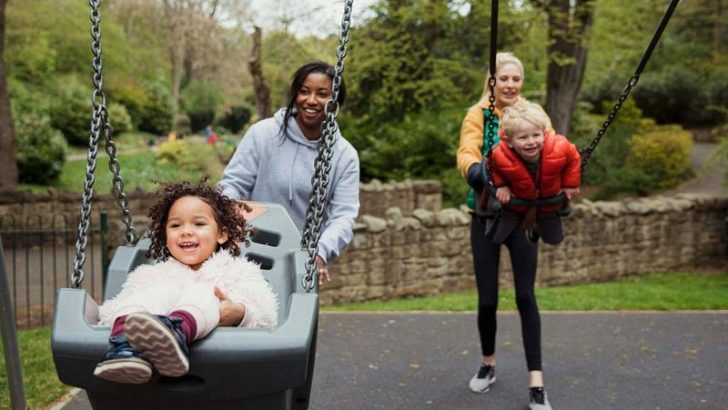Parenting in the modern world comes with its own set of challenges, but the fundamental lessons remain timeless. As technology and societal norms evolve, children face new experiences that require guidance rooted in age-old wisdom. Today, more than ever, kids benefit from key parenting lessons that shape their character and future.
These lessons are not just about teaching right from wrong, but about nurturing empathetic, resilient, and thoughtful individuals. By integrating these principles, parents can provide their children with a strong foundation, equipping them to navigate life’s complexities with confidence and grace. Here, we explore nine essential lessons that resonate deeply in today’s fast-paced world.
1. Empathy and Compassion
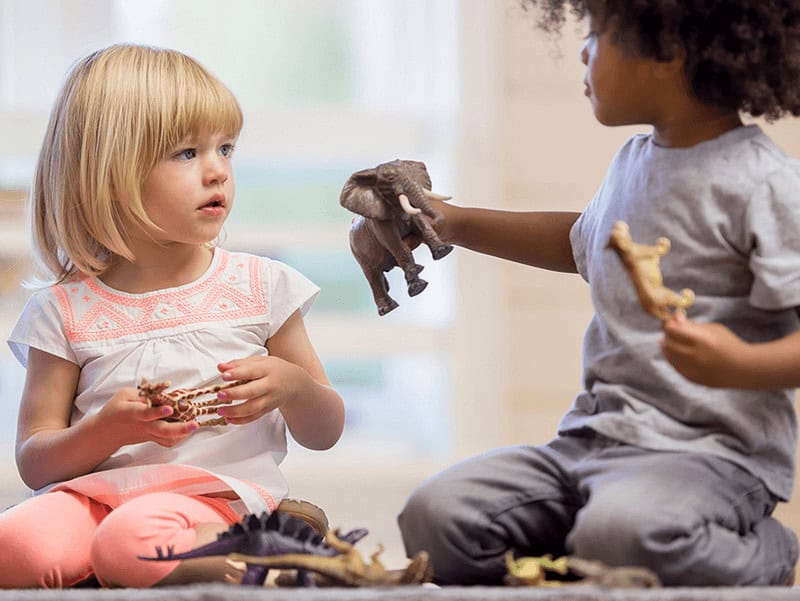
Empathy allows children to connect deeply with others. Teaching compassion involves showing kids how to understand and share the feelings of others. Engaging in community service is a practical way to instill empathy. By participating in activities like volunteering at shelters, children can witness diverse life situations. These experiences encourage them to be more considerate and humane. Parents can nurture empathy through open discussions about emotions. Encouraging children to express and interpret feelings helps them develop emotional intelligence. This foundational lesson supports their social interactions and contributes to forming meaningful relationships.
2. Responsibility and Accountability
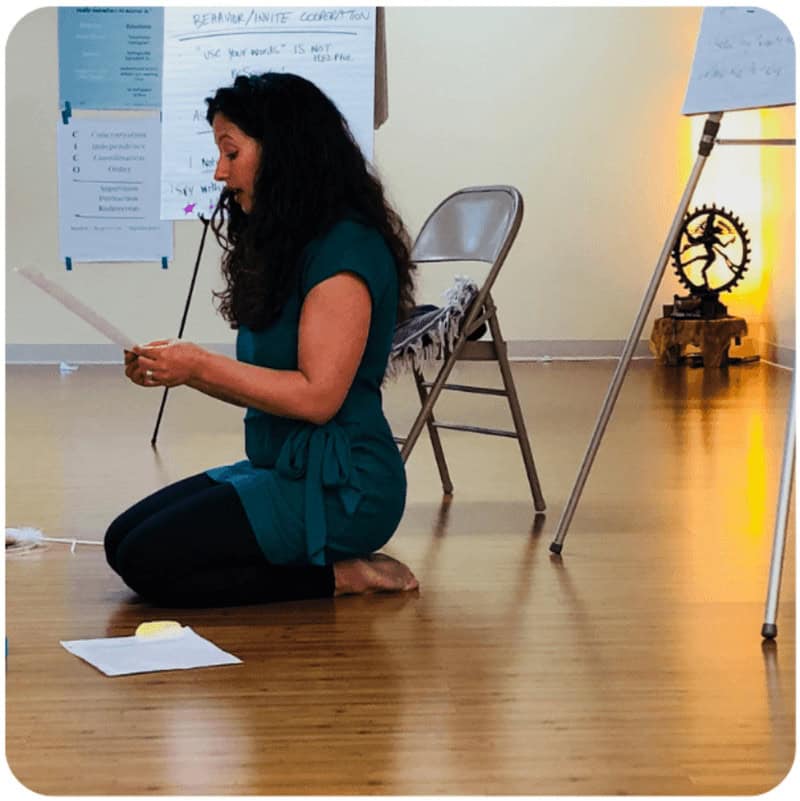
Responsibility is a cornerstone of personal development. Teaching children to be accountable for their actions fosters independence. Assigning age-appropriate chores, such as feeding a family pet, can instill these values. Through consistent tasks, children learn the importance of reliability. It’s crucial for parents to model accountability by admitting their mistakes. This teaches children that owning up to their actions is a strength, not a weakness. By promoting a culture of responsibility, parents prepare their kids for future challenges. This lesson ensures they grow into dependable individuals, ready to meet life’s demands with integrity.
3. Financial Literacy
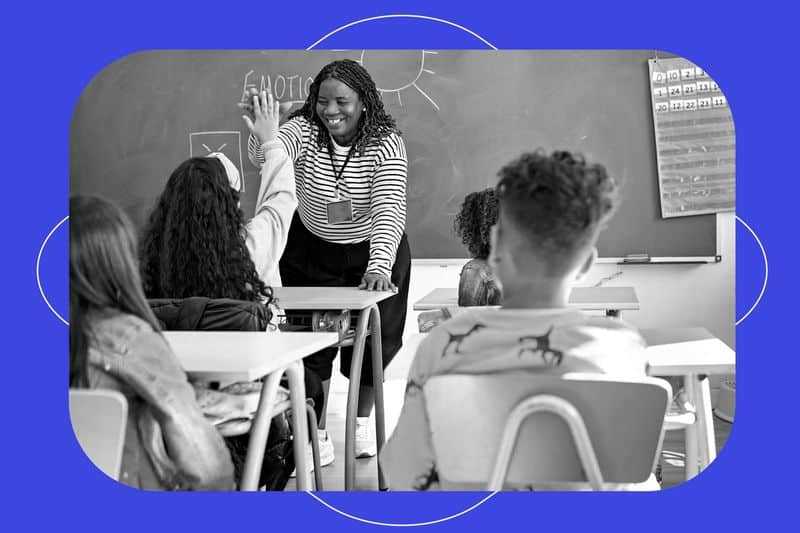
Financial literacy is essential in today’s world. Introducing kids to money management early on sets the stage for a secure future. Simple activities, like counting coins and budgeting for small purchases, can make learning fun. Parents should discuss the value of saving and spending wisely. By setting up a savings jar, children can learn the benefits of delayed gratification. These practices encourage prudent financial habits. Open conversations about money help demystify it, making kids more comfortable and knowledgeable about managing finances. This lesson equips them with the skills needed to achieve financial independence.
4. Resilience and Perseverance

Resilience helps children bounce back from setbacks. Teaching perseverance involves encouraging kids to keep trying despite difficulties. Learning new skills, like riding a bike, can be a great way to cultivate these traits. Children learn to handle failure and develop grit through practice and persistence. Parents play a crucial role by offering support and encouragement. They can share stories of personal challenges to inspire kids. This lesson fosters a mindset that embraces challenges as opportunities for growth. Resilience and perseverance are key to navigating life’s ups and downs, helping children thrive in various situations.
5. Respect for Diversity

Respecting diversity enriches children’s perspectives. Exposure to different cultures and backgrounds teaches tolerance and appreciation. Parents can encourage this by diversifying their children’s experiences. This might include attending cultural festivals or interacting with peers from varied backgrounds. Such interactions foster inclusivity and understanding. Families can also explore diverse books and media together, broadening their worldview. Discussing differences openly encourages kids to ask questions and gain insights. By valuing diversity, children learn to appreciate uniqueness in others and themselves. This lesson lays the groundwork for a harmonious and empathetic society.
6. Healthy Communication

Effective communication is crucial for healthy relationships. Teaching kids to express themselves clearly and listen actively builds this skill. Families can practice by engaging in regular conversations where everyone shares their thoughts. This fosters an environment of trust and openness. Parents should model healthy communication by being good listeners themselves. Encouraging children to articulate their feelings promotes emotional intelligence. By addressing misunderstandings promptly, families can strengthen their bonds. This lesson helps children in both personal and professional settings. Effective communicators are better equipped to navigate social interactions and build lasting connections.
7. Environmental Responsibility
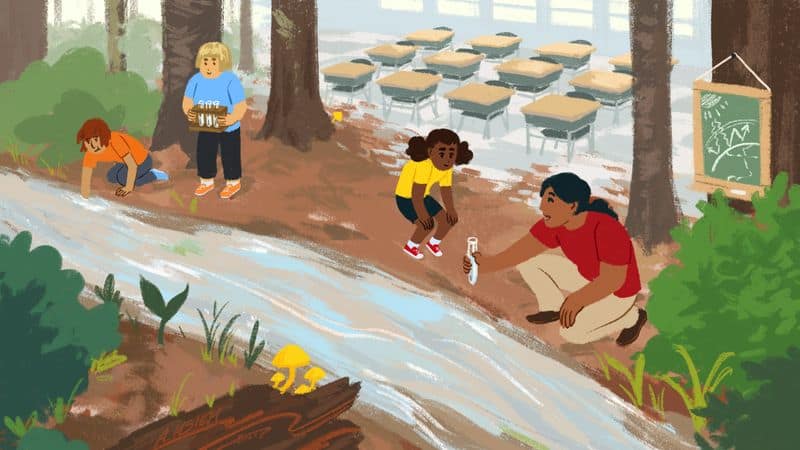
Environmental responsibility is vital for future generations. Teaching children to care for the planet instills a sense of stewardship. Simple activities, like planting trees or recycling, can make a significant impact. Parents can lead by example, showing sustainable practices in everyday life. Discussing environmental issues, such as conservation and pollution, raises awareness. Encouraging kids to take small actions helps them understand their role in preserving the earth. This lesson inspires a lifelong commitment to environmental sustainability. As children grow, they become advocates for a healthier planet, ensuring a better world for themselves and others.
8. Digital Literacy and Safety

Digital literacy is crucial in the modern age. Teaching kids about online safety prepares them for the digital world. Parents should discuss the importance of privacy and responsible internet use. Setting guidelines for screen time helps maintain a healthy balance. Engaging kids in conversations about cyberbullying and digital footprints raises awareness. By involving them in safe online activities, parents can teach critical thinking. This lesson empowers children to navigate the digital landscape confidently. Understanding digital tools and platforms prepares them for future technological advancements, ensuring they’re informed and safe in the online environment.
9. Gratitude and Mindfulness

Gratitude enhances positivity and well-being. Teaching mindfulness helps children appreciate the present moment. Parents can start by encouraging kids to keep a gratitude journal. This simple practice fosters reflection and appreciation. Mindful activities, like breathing exercises or nature walks, help kids connect with their surroundings. Discussing what they’re thankful for promotes a positive outlook. Parents can model gratitude by expressing appreciation for daily blessings. This lesson cultivates a sense of contentment and resilience. As children grow, gratitude and mindfulness contribute to their overall emotional health, supporting them in leading fulfilling and balanced lives.

Well, hello there!
My name is Jennifer. Besides being an orthodontist, I am a mother to 3 playful boys. In this motherhood journey, I can say I will never know everything. That’s why I always strive to read a lot, and that’s why I started writing about all the smithereens I came across so that you can have everything in one place! Enjoy and stay positive; you’ve got this!

